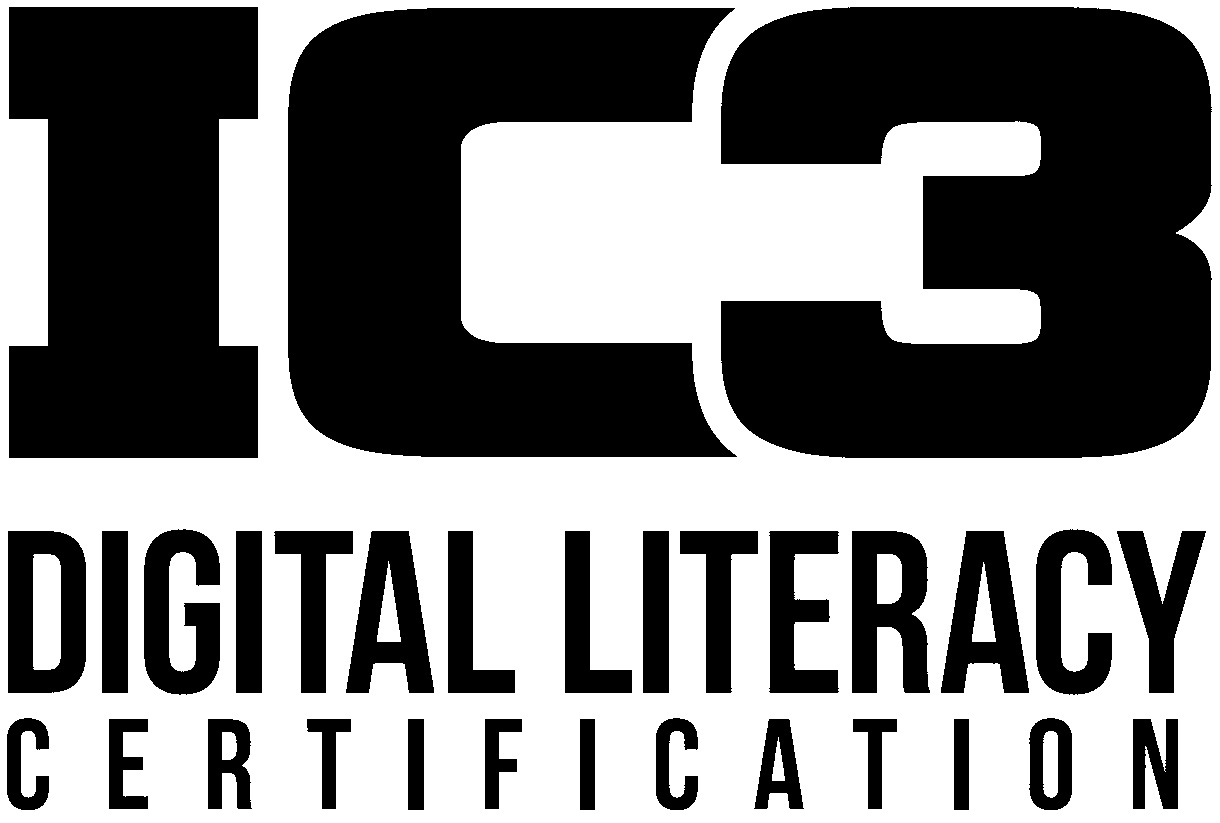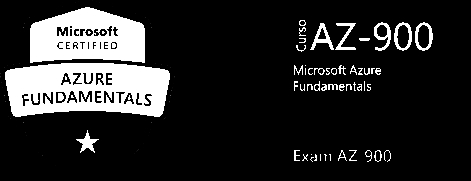Inscripciones Abiertas
Bachelor's Degree in Mathematics Applied to Software Engineering
Are you interested in logic, algorithms and the power of analytical thinking applied to technology?
At UDIT we offer you the Bachelor's Degree in Mathematics Applied to Software Engineering, ideal for those who are looking for a solid training in the basics of the digital world.
+A Bachelor's Degree in Mathematics 100% applied to programming.

Key Data
All the essential information you need to know about this degree.
- CampusCampus Internacional de Tecnología, Innovación y Ciencias Aplicadas, C/ Alcalá, 506. Madrid
- LanguagesEspañol
- ModalityPresencial
- CertificationOficial
- Duration4 años
- Credits240 ECTS
- Starts On15/09/2025
- Schedule1º y 2º mañana, 3º y 4º tarde
- Seats60
Do you want to know more?
If you want more information you can fill in the following form and we will send you the official brochure with all the information you need.
Study mathematics from a new perspective
Unlike traditional mathematics degrees, the Bachelor's Degree in Applied Mathematics in Software Engineering focuses on solving real technological problems, applying advanced mathematics to software design and optimisation.
Its interdisciplinary and practical approach, with subjects such as data visualisation and statistical probability, prepares students for a constantly evolving job market.
UDIT's Bachelor's Degree in Applied Mathematics in Software Engineering is a degree designed for those who wish to combine mathematical rigour with the practical needs of modern technological development.
This degree not only teaches mathematics, but also applies it directly to the design, development and optimisation of systems and software. That is why we call it theBachelor's Degree in Mathematics and Computer Science. By studying this degree, students gain a deep understanding of how mathematics can solve real-world problems in the field of software engineering, enabling them to excel inkey sectors such as artificial intelligence, cybersecurity and data analytics. Moreover, with a unique and winning methodology, UDIT prepares its students to lead innovative projects in an increasingly technology-dependent world.
If you are looking where to study Mathematics and Computer Science in Spain, UDIT is one of the best options. Based in Madrid, we have specialised teachers, technology labs and real projects that prepare you for the sector.
At UDIT there is no cut-off mark. Access is on a first-come, first-served basis, so if you are interested in this degree, don't miss out.
Turn numbers into real solutions. At UDIT, we train analytical profiles ready to make an impact on the digital future.
Study Plan
Find out about the subjects of the Bachelor's Degree in Mathematics Applied to Software Engineering:
Documents of Interest
Programming Languages
You will master the most widely used programming languages, development environments and software tools for professional use today. .
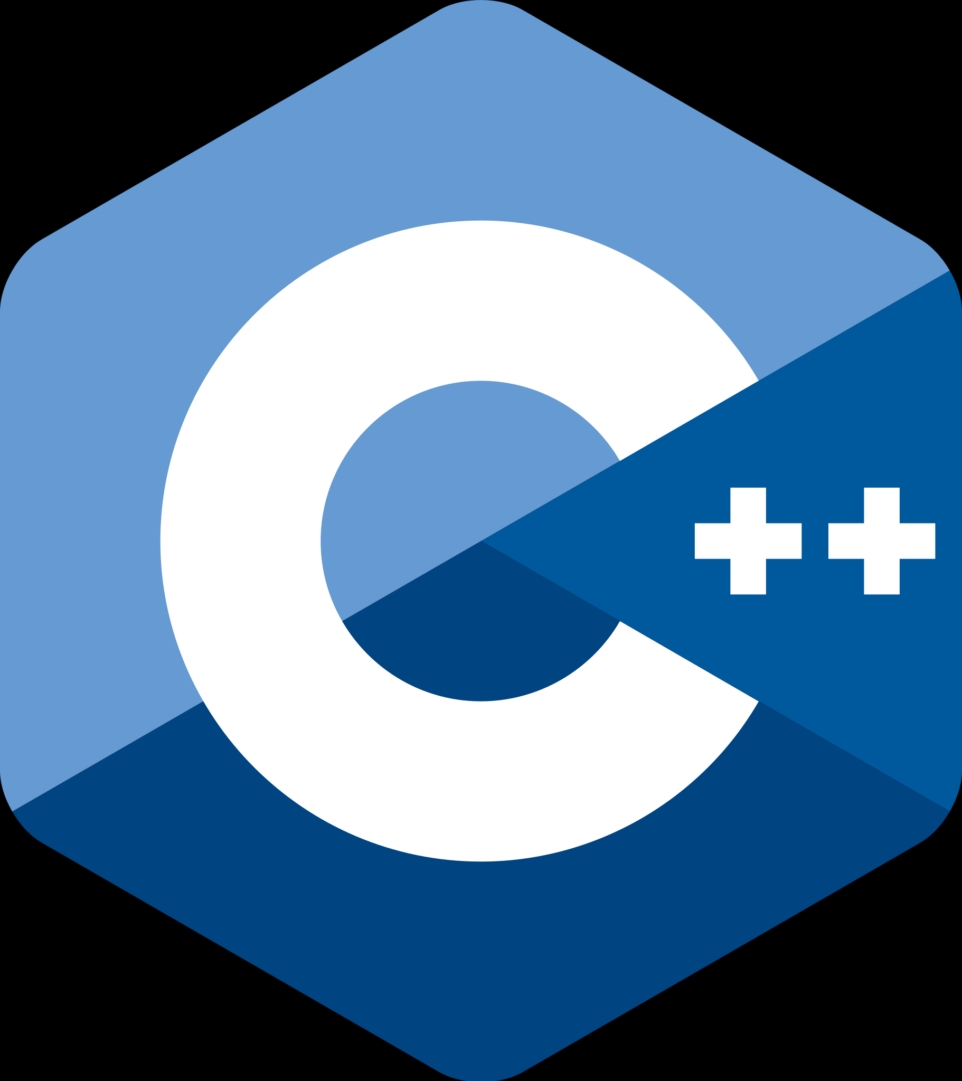
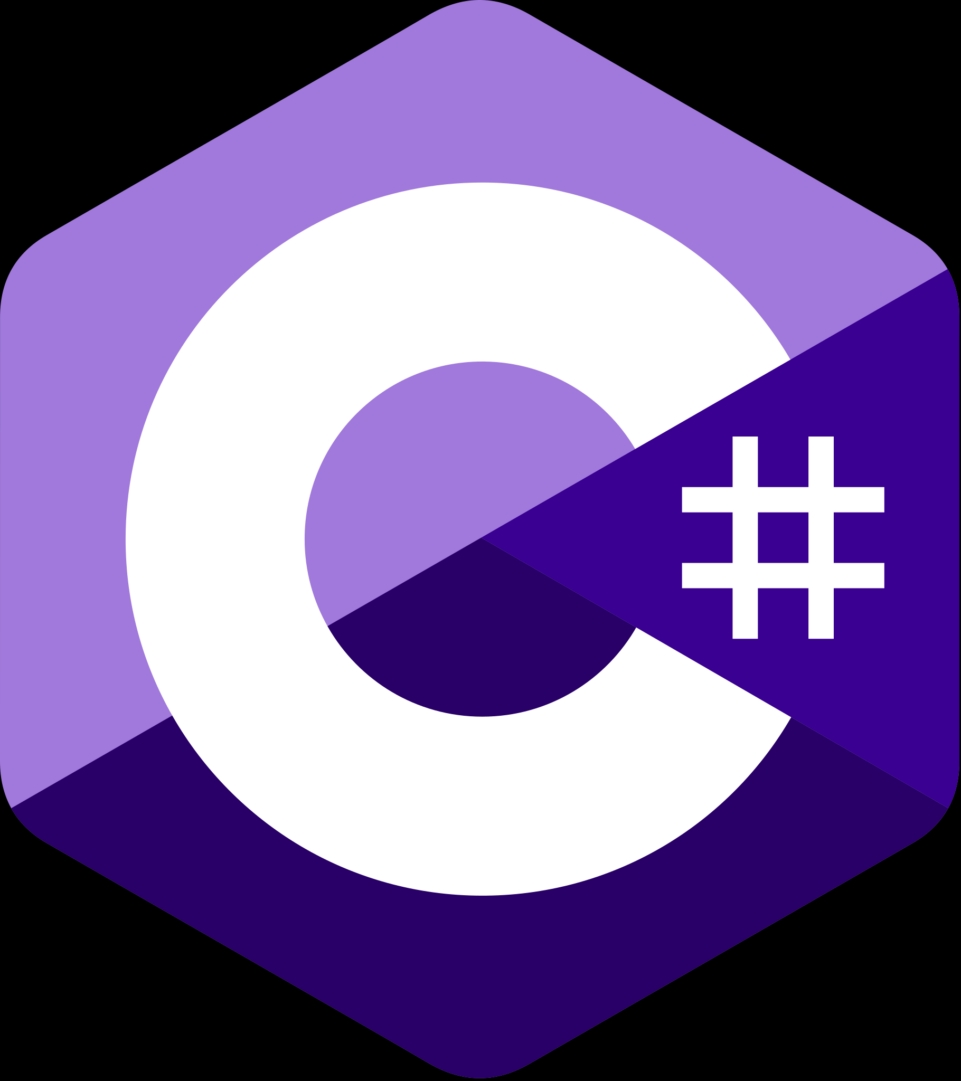
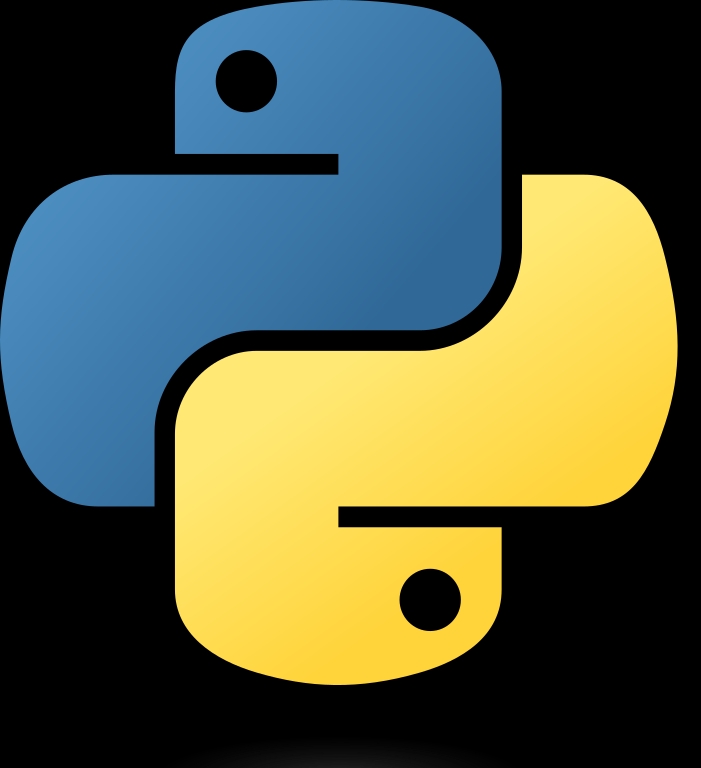
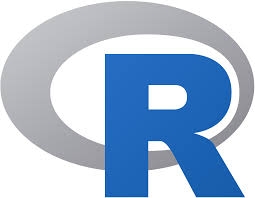
Development Environments
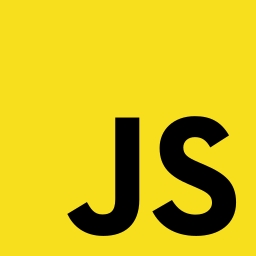
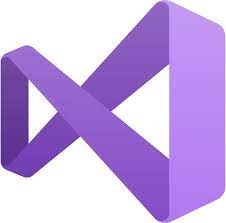
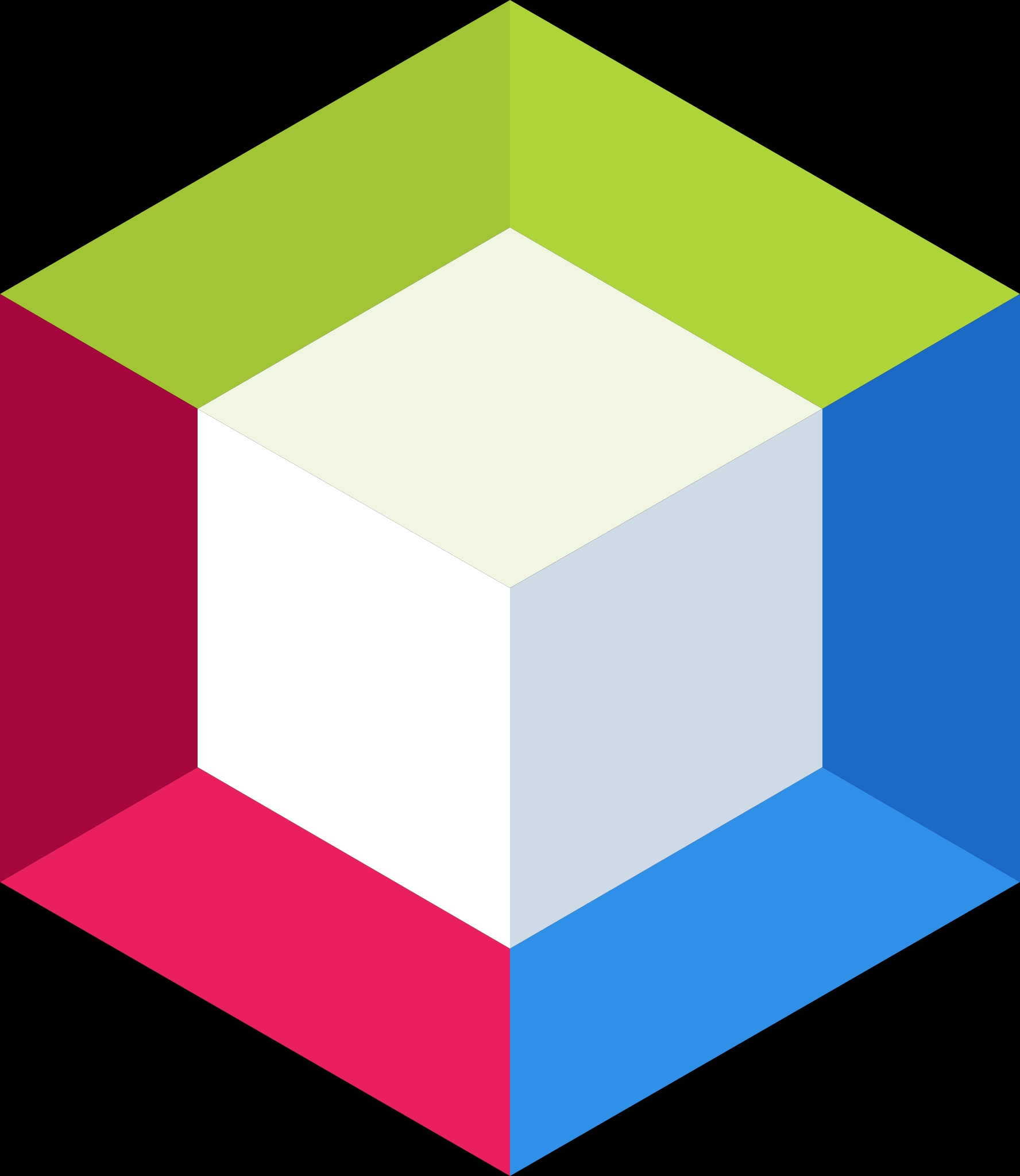
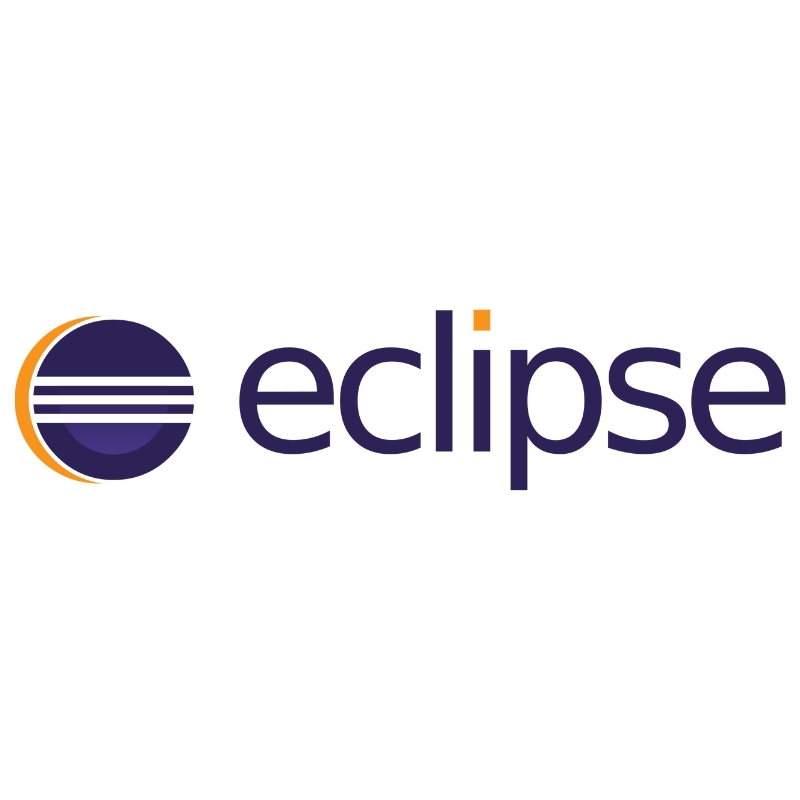
Software Tools
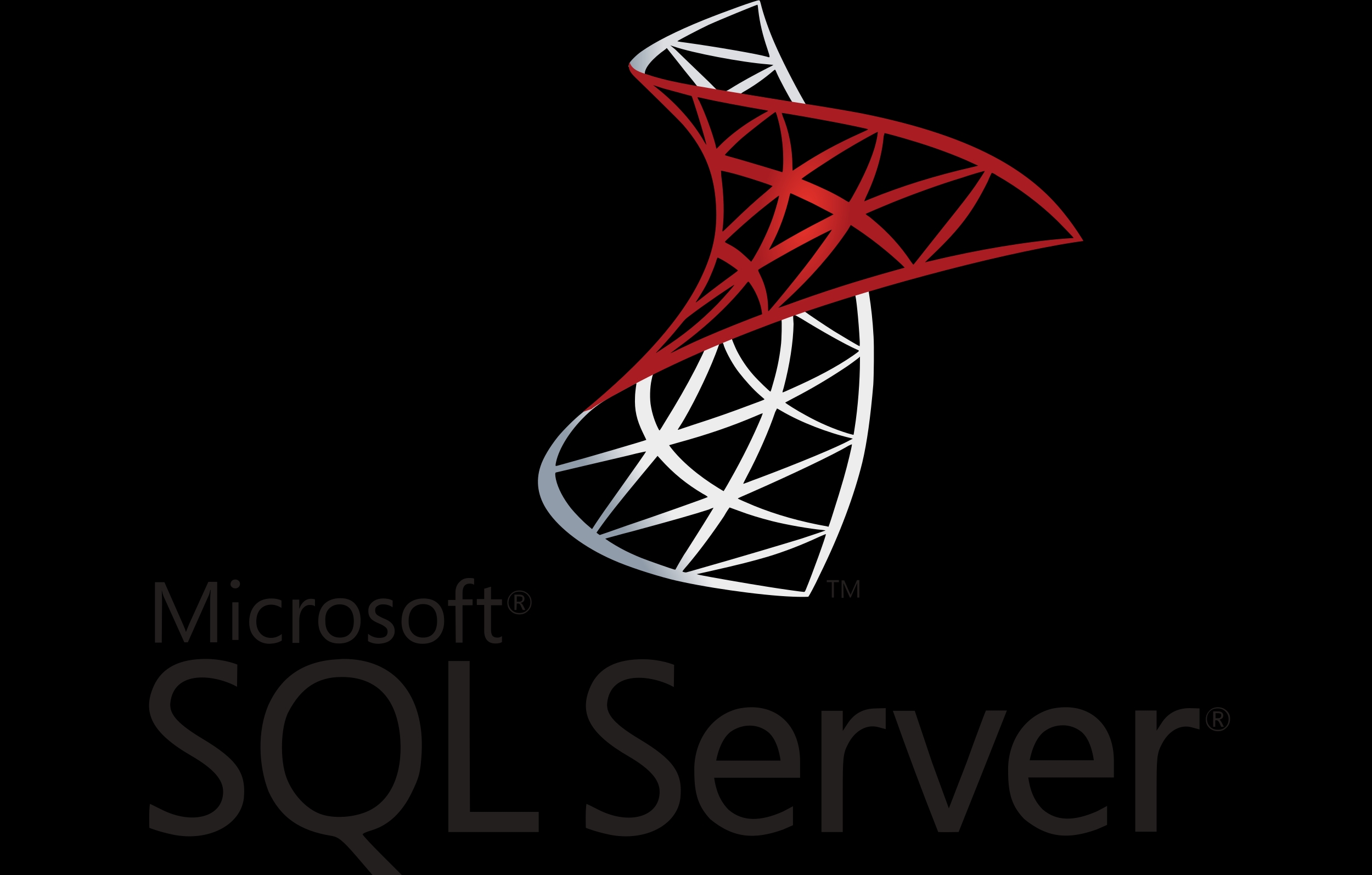

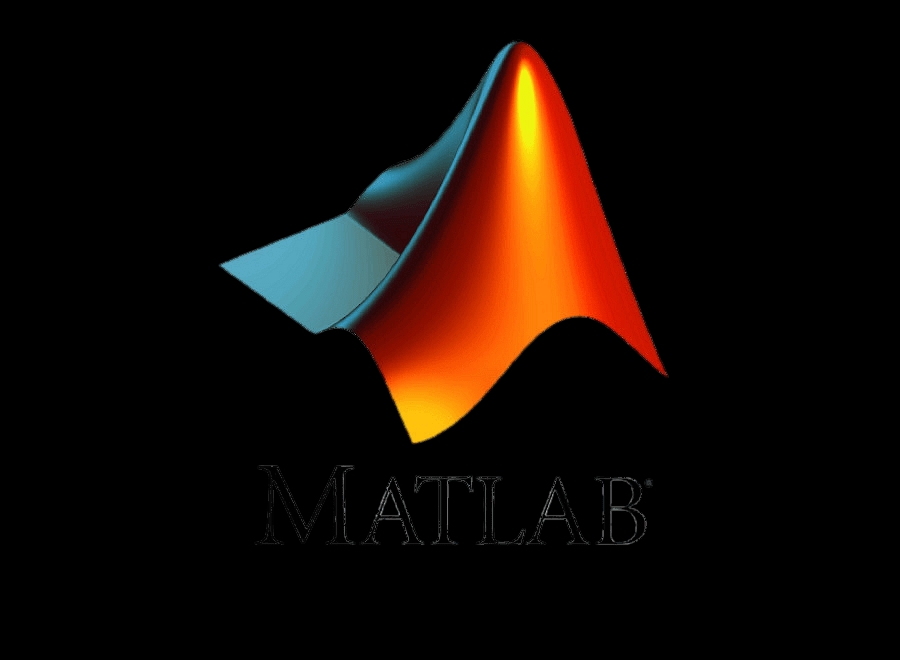
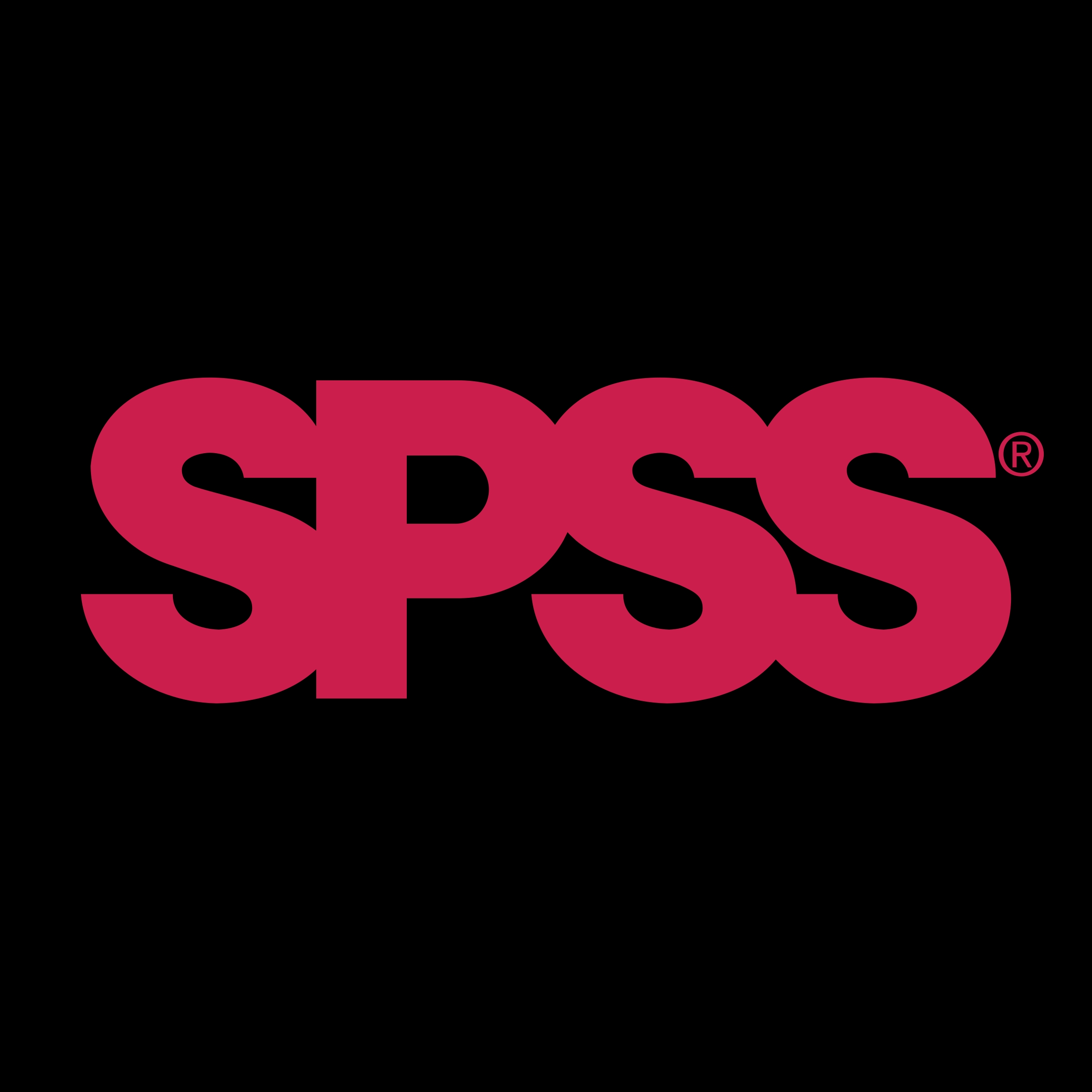

Official Certifying Centre
You will be able to access top-level software and application certifications that will complement your university education and enhance your CV and employability.
Student projects
Connecting with companies
The relationship between University-Business is vital for the professional success of students, which is why professional internships are a fundamental aspect of the curricula of all our degrees. UDIT works constantly to promote partnerships with companies, developing an ecosystem of companies and institutions that collaborate in the professional development of our students.
We have signed more than 2,400 active internship agreements with leading companies in the sector such as:
Career opportunities
At the end of the Degree in Mathematics Applied to Software Engineering you will be able to work in areas and positions such as:
- Computing
- Computing and software development
- Software maintenance
- Scientific application developer
- Technology and business consultant
- Data analysis: market research and risk analysis, banking and finance, sociological prospecting, etc.
- Quantitative analyst in financial institutions
- Logistics and process optimisation
- Expert in logistics and distribution solutions
- Researcher in R&D centres and universities
- Expert in scientific computing applied to industry
Open Days
The perfect opportunity for you to visit our facilities and learn first-hand about UDIT's training offer.
Campus of Excellence
Study in an environment designed for creative talent, with more than7,000 m² of facilities equipped with the latest design tools, animation software and virtual and augmented reality technologies.
The new campus is located in the emblematic Calle Alcalá, 506, a privileged location. Opposite the Quinta de los Molinos Park, a green space with a surface area of more than 20 hectares, with a metro station at the main entrance with direct connection to Gran Vía, several bus lines and Bicimad service.
Admission Process
Just follow these four simple steps
Request Information
Fill in the following form, call us on 91 555 25 28 or write to us at orientacion.universitaria@udit.es and solve all your doubts about the qualifications you are most interested in.
Come and visit us
Arrange a visit to our Madrid campus from Monday to Friday from 10.00 to 18.00 hours, sign up for the Open Days we hold on Saturdays or the online information sessions.
Take the entrance exam
To assess your academic skills and make sure you are up to the challenge, you will take a placement test.
Formalise your enrolment
Once you have taken the test and have been informed of your admission to UDIT, you must book your enrolment to guarantee your place for the next course. Places are allocated on a first come, first served basis.
International Experience
At UDIT we are constantly working to foster partnerships with the best universities and companies related to design and advertising.
At UDIT we seek to promote unique experiences for our students, incorporating international experience and solidarity in your time at the university.
You will have the opportunity to participate in solidarity seminars, workshops, courses or conferences in English, and take part in trips, workshops, experiences and international programmes.
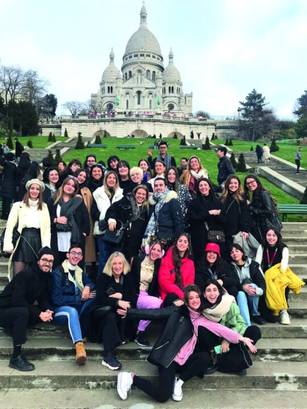
Collaboration agreement. UDIT students will be able to access special conditions in courses taught by the prestigiousColleges of the University of the Arts London. We are one of the few university institutions in Spain with this type of agreement signed with UAL.
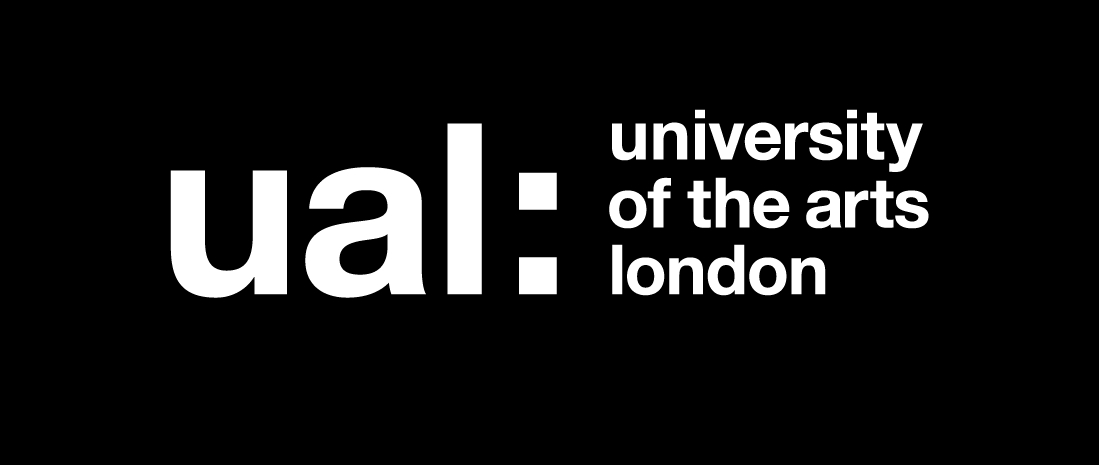
Facts that make us unique
Specialised training
Currently studying
National and International
With specialised companies
UDIT Recognised in international rankings
Our University has been awardednationally and internationally with more than 300 awards, including the National Design Award, presented in 2020 by Their Majesties the King and Queen of Spain or theEducation and Training Award, granted by the Community of Madrid in 2025, in the Madrid Open Cities Awards or the highest score in the international QS Ranking in teaching quality and employability.

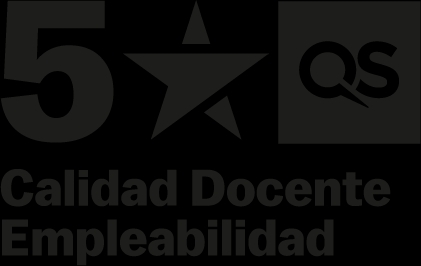
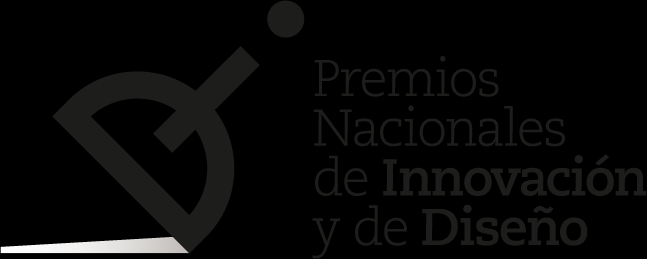
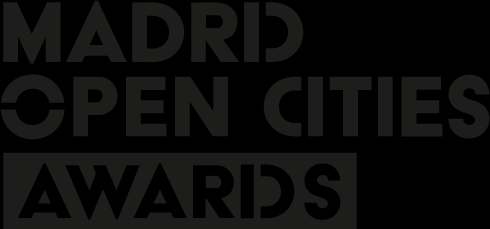
Alumni Opinions
Learn first-hand what it's like to study at UDIT through their experiences.
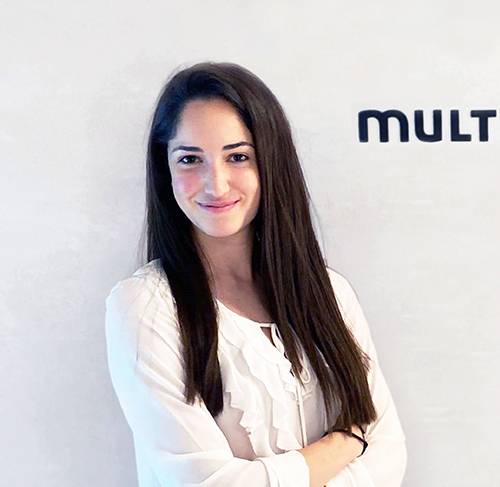
Alma Laut
UDIT Alumni
I consider that I have always been willing to learn and take advantage of the opportunities that this university has given me. I see every project as a great personal challenge and I always try to do my best.
Frequently Asked Questions
Because at UDIT we offer you a unique and winning methodology. Based on a vocation for creativity, innovative and up-to-date syllabuses, the incorporation of technology and innovation as the backbone, training based on real projects and the critical thinking instilled by the teaching staff.
The market currently demands professionals capable of optimising processes and making decisions based on data that respond to the needs of companies and users. This degree is aimed at those of you who want todrive innovation and growth through the intelligent use of data. Mathematical engineering is a branch of engineering that uses applied mathematics and statistical tools to make decisions, make predictions and automate processes.
You will be trained in mathematics from a practical and creative perspective, away from traditional abstraction and problem solving.
Several programming languages will be used, including C++, C#, Python or R together with their most used libraries.
You will learn to use the main development environments such as Express.js, Visual Studio, Apache and Eclipse.
You will use software development tools such as SQL Server, MongoDB, Matlab, SPSS and Maple.
The integration of mathematics in disciplines such as Artificial Intelligence, Computer Security and Data Analytics is not only essential to understand the underlying principles, but also to innovate and solve complex problems. Moreover, mathematics not only provides the language to describe problems precisely, but also the methodologies to address them systematically and efficiently. Therefore, its presence is essential in the creation of solutions for all kinds of sectors, from banking and finance to health.
The role of mathematics in these fields is specified below:
Artificial intelligence:
- Linear algebra. Fundamental for understanding the operation of some learning algorithms that use operations with matrices and vectors.
- Calculus. Essential for optimising algorithms by adjusting parameters.
- Statistics and probability. Necessary for assessing the uncertainty of algorithms, making predictions and/or taking data-driven decisions.
Computer security:
- Number theory. Used in cryptography for secure encryption and decryption of information.
- Boolean algebra and logic. Used for malware analysis and the creation of intrusion detection systems by evaluating conditions and making logical decisions.
- Graph theory. Applied in network modelling and in the visualisation and analysis of connections to identify possible vulnerabilities or attacks in the network structure.
Data analysis:
- Descriptive statistics. Analysis of data sets to infer patterns, perform hypothesis testing and estimations from sample data.
- Predictive modelling. Building models that predict future behaviour based on historical data.
- Optimisation. Formulation and solution of mathematical models to improve business decisions.
While a conventional software engineering degree prepares students for the process of creating software with a practical, engineering-oriented approach, a degree in applied mathematics in software engineering delves deeper into the underlying mathematical theory and its application to solve complex problems in software development, resulting in a more theoretical and analytical approach.
Concepts such as software design, project management, software quality or maintenance applied to the production of high quality software are handled.
This degree explores in depth how mathematical theories and techniques can optimise the design, analysis and improvement of software. The emphasis is on mathematical modelling, simulation and algorithmic analysis.
If you want to study the Bachelor's Degree in Mathematics Applied to Software Engineering you can do so without having studied a specific baccalaureate, you must meet the entry requirements set out in art.3 of Royal Decree 412/2014. However, the recommended entry profile is that of a student with a strong affinity for technology, an outstanding performance in mathematics and a strong interest in solving problems.
Ideally, this should be a Bachelor's degree in Science and Technology, with a special focus on subjects such as Mathematics and, if possible, having studied subjects related to Computer Science, Programming, Computing and Technology in general.
If you come from the Spanish education system, to study this Degree at UDIT you must meet at least one of the following requirements:
- Having passed the University Entrance Examination (EVAU) with a pass mark.
- Students coming from a Higher Level Training Cycle or FP II.
- Students accessing from completed Spanish university studies.
- Students accessing through the University Entrance Examination for over 25 years old, for over 40 years old and for over 45 years old.
Students coming from educational systems outside Spain:
- Students from pre-university education systems of European Union member states and countries with reciprocity agreements.
- Students in possession of the International Baccalaureate Diploma.
- Students coming from pre-university education systems abroad.
- Students with foreign university studies who gain access through homologation of their studies.
- Students with official foreign university studies completed or not yet completed who are admitted by official validation.
The first step is to request information, you can do this via the web, by telephone on 91 555 25 28 or by email: orientación.universitaria@udit.es.
The next step is to take the level test, the aim of which is to find out the student's academic competences, allowing you to detect reinforcement actions before the start of the course.
Once you have taken the test and have been informed that you have been admitted to UDIT, make a registration reservation to guarantee your place for the next course. Places are allocated on a first-come, first-served basis.
Yes, all degrees offered at UDIT are official and internationally recognised.
You should be careful with other degrees offered on the market as "Official Degrees" that in reality are not. To check if a degree is official, you should consult the website of the RUCT (Registro de Universidades, Centros y Títulos), an official body belonging to the Ministry of Universities that oversees academic organisation and university officialdom.
Of course, by offering you an official degree, you can apply for all the public grants for this type of degree. Moreover, official scholarships are compatible with our internal study grants. If you have a good academic record or if creativity is part of your DNA, don't hesitate to apply for all of them. You can check the details on this link.
All our Bachelor's Degrees start from scratch, so it is not necessary to take a specific type of baccalaureate.
It is true that, due to the type of our degrees, it is usually recommended to take a bachelor's degree in science and technology, with special attention to subjects such as Mathematics and, if possible, having studied subjects related to Computer Science, Programming, Computing and Technology in general.
Although not essential, previous experience in programming and participation in personal software development projects is a significant added value.
UDIT does not require a cut-off mark for admission to the Bachelor's Degree in Mathematics and Computer Science. However, due to the specificity of these subjects, potential students must take their own specific admission tests.
A mathematical engineer uses mathematical models and algorithms to solve complex problems in various fields such as engineering, computer science, economics and more. Duties include:
- Mathematical Modelling: Creating and analysing models to understand and predict natural and technological phenomena.
- Optimisation: Improving processes and systems to increase their efficiency and effectiveness.
- Data Analysis: Extracting valuable information from large data sets to make informed decisions.
- Simulation: Using computational techniques to replicate real systems and predict their behaviour under different conditions.
In the Degree in Mathematics and Computer Science at UDIT, you will be trained in several fundamental mathematical areas for computer science, such as:
- Linear Algebra: Basis for the development of algorithms and data structures.
- Calculus and Mathematical Analysis: Tools for modelling and solving continuous problems.
- Statistics and Probability: Fundamental for data analysis and artificial intelligence.
- Graph Theory: Crucial for the optimisation of networks and data structures.
- Discrete Mathematics: Essential for computational logic and algorithm design.
Download here a PDF document with the answers to the most frequently asked questions about this Degree, we answer all your doubts!




